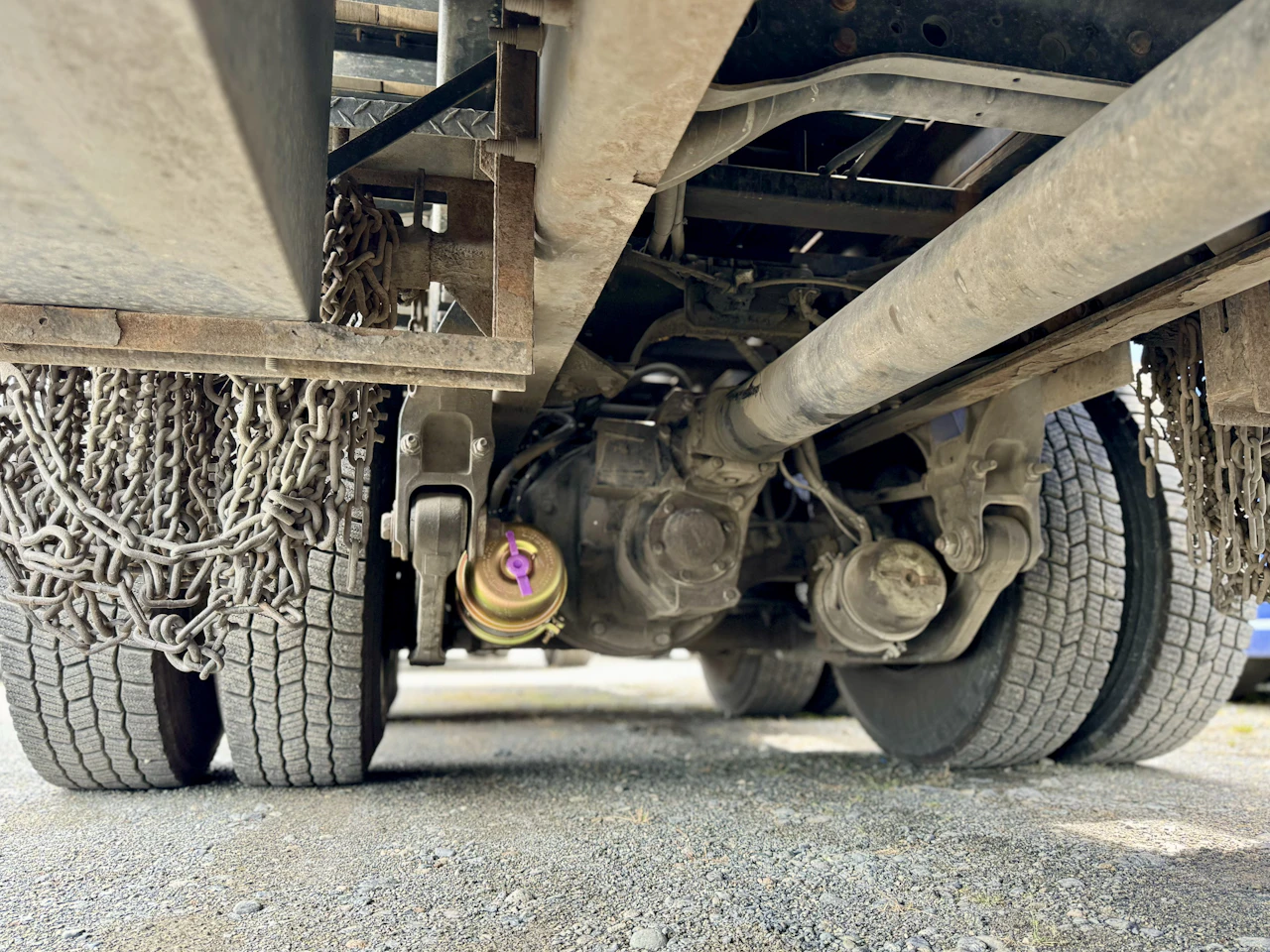In the heart of winter, the performance and reliability of brake systems in heavy-duty trucks are more critical than ever. Navigating icy and snowy roads requires not just skill but also confidence in your vehicle's braking capabilities.
This article delves into the unique challenges winter presents to braking systems and offers comprehensive advice on maintaining, inspecting, and repairing these vital components to ensure safety and efficiency in harsh conditions.
Understanding the Impact of Winter Conditions on Brake Systems
Sub-zero temperatures, ice, and snow can severely affect the performance of brake systems in heavy-duty trucks. Common issues include brake freezing, corrosion from road salts, reduced effectiveness of air-brake systems due to moisture, and the hardening of brake components. These problems can lead to decreased braking efficiency, posing a significant safety risk on slippery roads.
Pre-Winter Inspection and Maintenance
A comprehensive brake system inspection before winter is crucial. Essential components to check include brake shoes, airlines and hoses, air tanks, and anti-lock braking systems (ABS). Maintenance tips include the following:
- Cleaning all parts to remove dirt and grime that can hold moisture and cause corrosion.
- Checking for leaks in air systems that can allow water to enter and freeze, compromising the brake system's integrity.
- Ensuring air dryers and filters are working correctly to minimize moisture in the system is vital for the effectiveness of air-brake systems in cold weather.
- Inspect drum brakes for wear, cracks, or warping.
- Drain air tanks regularly to remove moisture and prevent freezing in air brake lines and valves.
Specific Winter Brake Repairs and Adjustments
Winter often requires specific brake repairs and adjustments. It's essential to replace worn shoes, repair leaks in airlines, and address components damaged by corrosion. Adjusting slack adjusters to compensate for cold effects on brake responsiveness is also critical.
Air Brake Moisture Removal: Regularly draining air tanks is vital for air brake systems.
Brake Lining Wear Inspection: Accelerated wear due to grit, salt, and moisture on roads needs attention.
Adjustment of Brake Adjusters: Ensure both manual and automatic slack adjusters are correctly adjusted.
The Role of Anti-Lock Braking Systems (ABS) in Winter Safety
ABS prevents the wheels from locking up during braking, maintaining control on icy or snowy roads. It's critical to regularly check and maintain the ABS, including sensors and wiring, for proper function in winter conditions.
ABS Maintenance Tips
Regular ABS Diagnostics: Perform diagnostics to detect any faults early.
Sensor and Wiring Inspections: Check for damage, corrosion, or loose connections to ensure ABS reliability.
Winter Driving Tips for Enhanced Brake Performance
Adopting strategic driving techniques can further protect your heavy-duty trucks in winter:
Gentle Braking: Avoid locking up wheels on slippery surfaces.
Increased Following Distances: Allows for longer stopping distances on icy roads.
Cautious Use of Engine Brakes: Prevent loss of traction on slick roads.
Comprehensive Driving Strategies
Pre-Trip Planning: Check weather forecasts and plan routes accordingly.
Speed Management: Maintain a controlled speed to minimize braking.
Use of Tire Chains: Improve traction with tire chains in heavy snowfall areas.
Emergency Preparedness and Response
Carrying the right tools and spare parts for minor brake repairs is crucial. Training drivers in basic emergency repairs and keeping a list of emergency contacts, including tow services and repair shops, is invaluable.
Conclusion
Winter demands extra attention to brake maintenance and repair for heavy-duty trucks. By following the comprehensive advice outlined in this article, fleet managers and owner-operators can ensure their vehicles are prepared for the challenges of icy and snowy roads.
Regular brake inspections and maintenance sessions are essential for preventing accidents, ensuring vehicle longevity, and maintaining driver safety. Let's prioritize winter driving safety by giving our brakes the attention they deserve, ensuring a season of reliable and efficient operation.

.webp)